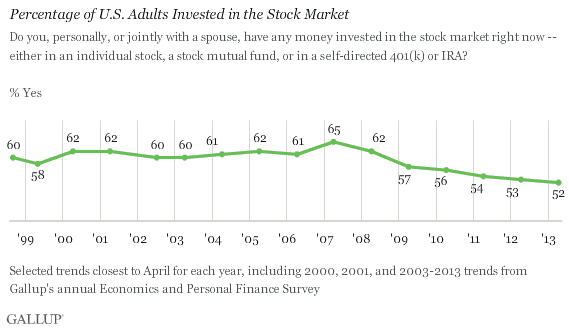But the fact that primary energy is always limited of its nature does not mean that somehow limits growth in the economy at any given point in time. There has to be more to your proposition.
Assume a national economy which is powered entirely by oil.
Assume that said economy needs 1 kWh of energy to produce 7$ of GDP.
Assume that GDP is 7 trillion dollars.
This means that, in order to produce 7 trillion dollars of GDP, the economy must first produce 1 trillion kWh of energy. Burning one barrel of crude produces 533kWh, therefore the economy must consume 1876 million barrels of crude per year.
Assume that GDP growth is 3% year-to-year. This means that in the next year, the economy will produce 7.21 trillion dollars of GDP, which requires producing 1.03 kWh of energy, which in turns requires burning 1932 million barrels of crude. On the second year, the value of the economy will be 7.42 trillion dollars, and producing that value will require energy (name removed by moderator)ut of 1.06 trillion kWh, which requires burning 1990 million barrels of crude.
On the third year, the required (name removed by moderator)ut of crude is 2048 million barrels. However, (for whatever reason), only 1990 million barrels have been available, like the year before. This means that GDP cannot grow, because there is no corresponding increase in primary energy entering the economy (in the form of crude). This, of course, is a recession.
As I understand “primary energy” to mean, essentially “untapped energy sources”, then it’s reasonable to believe “primary energy” is always limited, since we don’t consider oil, gas, coal, uranium, to be somehow spontaneously generating underground.
You’re close.
The basic postulate is that infinite GDP growth is impossible, because at one point the entire energy resource will be used up. No more energy = no more GDP.
The specific postulate I was making here is that if the production of energy resources cannot keep up with growing demand (i.e. due to embargo (1973) or depletion (2009)) then this triggers an economic crisis (GDP stops growing and drops to the level dictated by the energy (name removed by moderator)ut). The crisis will not end until energy (name removed by moderator)ut increases (or the economy finds a way to produce more GDP per unit of energy).
This is of course the problem, because the monetary system based on usury require constant GDP growth to avoid mass default.
Having read your definition of “primary energy”, my further question is what potential (I guess they’re always 'potential" by definition) sources are you saying are limited to any discernibly threatening degree?
At this point? Oil.

